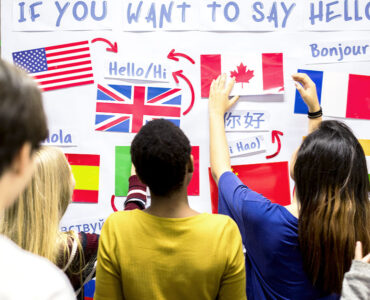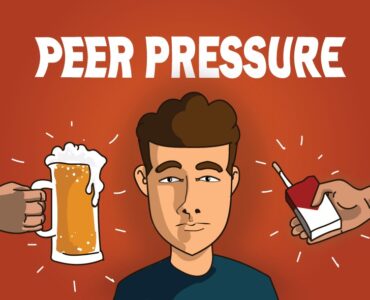Children are taught to push themselves to try and better than their classmates, rather than work together for everyone’s benefit. Do you think the advantages outweigh the disadvantages?
Competition among peers is considered to be normal in schools. Winning against classmates is often encouraged than putting in collective efforts and sharing the success. In my perspective, though, healthy competitions equip children to perform better, excess performance pressure on children can lead to mental health issues and hence, is a negative trend.
Pushing oneself to better against classmates is positive if the competition is mature and healthy. This can improve the overall mindset of the students in the competitive world where they have to work hard to achieve success. Not only they will try harder in future but also learn to deal with pressure alongside. If children attain the kind of success they want, this develops confidence to take on more challenges in future. For instance, schools motivate students by grading systems which aims to encourage healthy competitions between students where all can get benefited from.
However, students competing against their classmates are often found to experience anxiety which eventually affect their mental health in a negative way. Many a times, children are being forced to take part in competitions by parents or teachers in which they have no interest in but are pressured to perform. Not all children could go through this pressure, and this can lead to mental breakdowns in many. This is true particularly given that there has been a significant increase in the number of children seeking psychological treatments in the past few years.
In conclusion, it is common to teach children to work harder to outperform than their classmates than working together for common good. Even though this can improve the performance of students, this is largely a concern on the mental well-being of the children.



